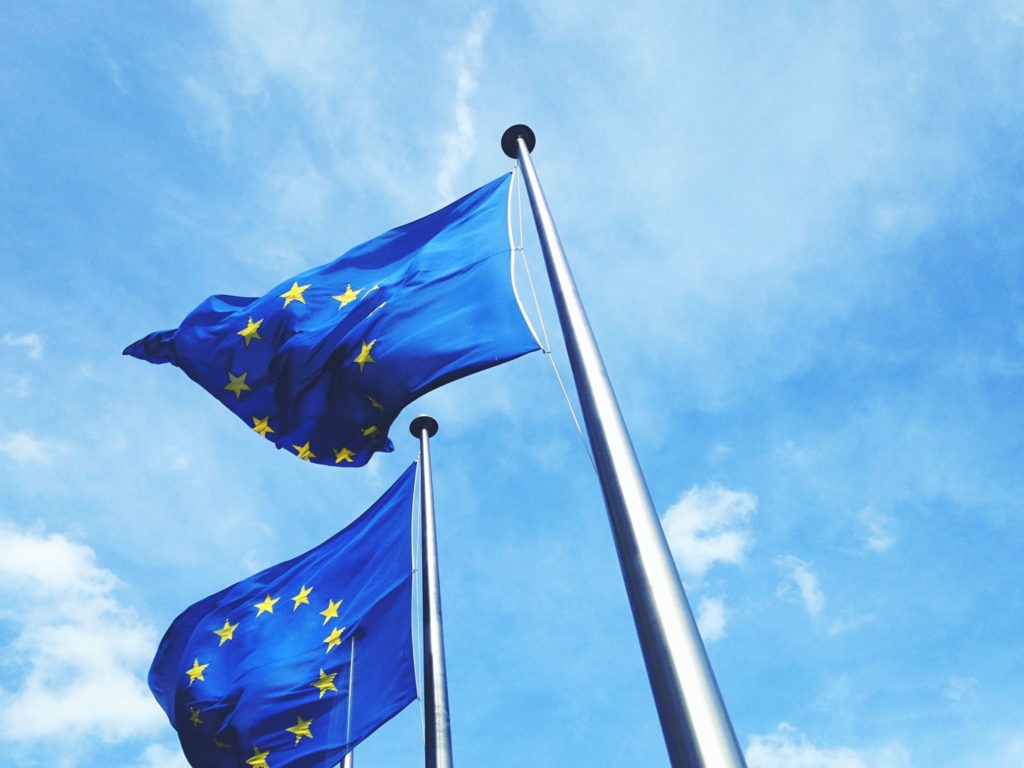EU and Japan agree on trade deal as France warns the US on tariffs
18 July 2018

18 July 2018
While the EU and the US continue their conflict over trade tariffs, the union has agreed a deal with Japan that favours imports of vehicles and parts from the Far East.
The new trade agreement will remove tariffs of 10% on Japanese cars and 3% on most car parts. This means that car companies can increase their sales to Europe, where they have often fallen behind European rivals.
While Toyota, Nissan and Honda have plants on the continent, the ability to ship more cars to various countries will help boost sales. Additionally, the move also benefits Suzuki and Mazda. Japanese suppliers Denso, Aisin Seiki and JTEKT, will also stand to benefit, and moves could allow them to secure new supply contracts with European manufacturers.
′There are rising concerns about protectionism, but I want Japan and the EU to lead the world by bearing the flag of free trade,’ Prime Minister Shinzo Abe said at a news conference after the signing ceremony.
Cecilia Malmström, EU Commissioner for Trade, added: ‘Together with Japan, we are sending a strong signal to the world that two of its biggest economies still believe in open trade, opposing both unilateralism and protectionism. The economic benefits of this agreement are clear. By removing billions of euros of duties, simplifying customs procedures and tackling behind-the-border barriers to trade, it will offer opportunities for companies on both sides to boost their exports and expand their business. The European agriculture sector, in particular, has something to celebrate, with access to the enormous Japanese market and protection for over 200 distinctive food and drinks like Champagne and Parma ham. I now call on the European Parliament to approve this agreement quickly so that firms, citizens and farmers can reap the benefits as soon as possible.’
The agreement will remove the vast majority of the €1 billion of duties paid annually by EU companies exporting to Japan, and has led to the removal of a number of long-standing regulatory barriers, for example on cars. It will also open up the Japanese market of 127 million consumers to key EU agricultural exports and will increase EU export opportunities in a range of other sectors.
US standoff
The French Government has insisted that the US should expect united retaliation from European countries to further tariff increases following news that Germany is prepared to negotiate.
′If tomorrow there is an increase in tariffs, like in the car industry, our reaction should be united and strong to show that Europe is a united and sovereign power,’ French Finance Minister Bruno Le Maire said. ′The question is no longer whether or not there will be a trade war, the war has already started,’ he added, speaking at an economic conference in Aix-en-Provence, southern France.
US President Donald Trump hit the EU, Canada and Mexico with tariffs of 25% on steel and 10% on aluminium at the start of June, ending exemptions that had been in place since March. He further escalated tensions last month with threats to impose a 20% import tariff on all EU-assembled vehicles, suggesting he would do so as a matter of national security. In June, German Chancellor Angela Merkel suggested she was willing to negotiate with the US to ensure that the country would see a lower tariff charge on vehicles imported to the States.